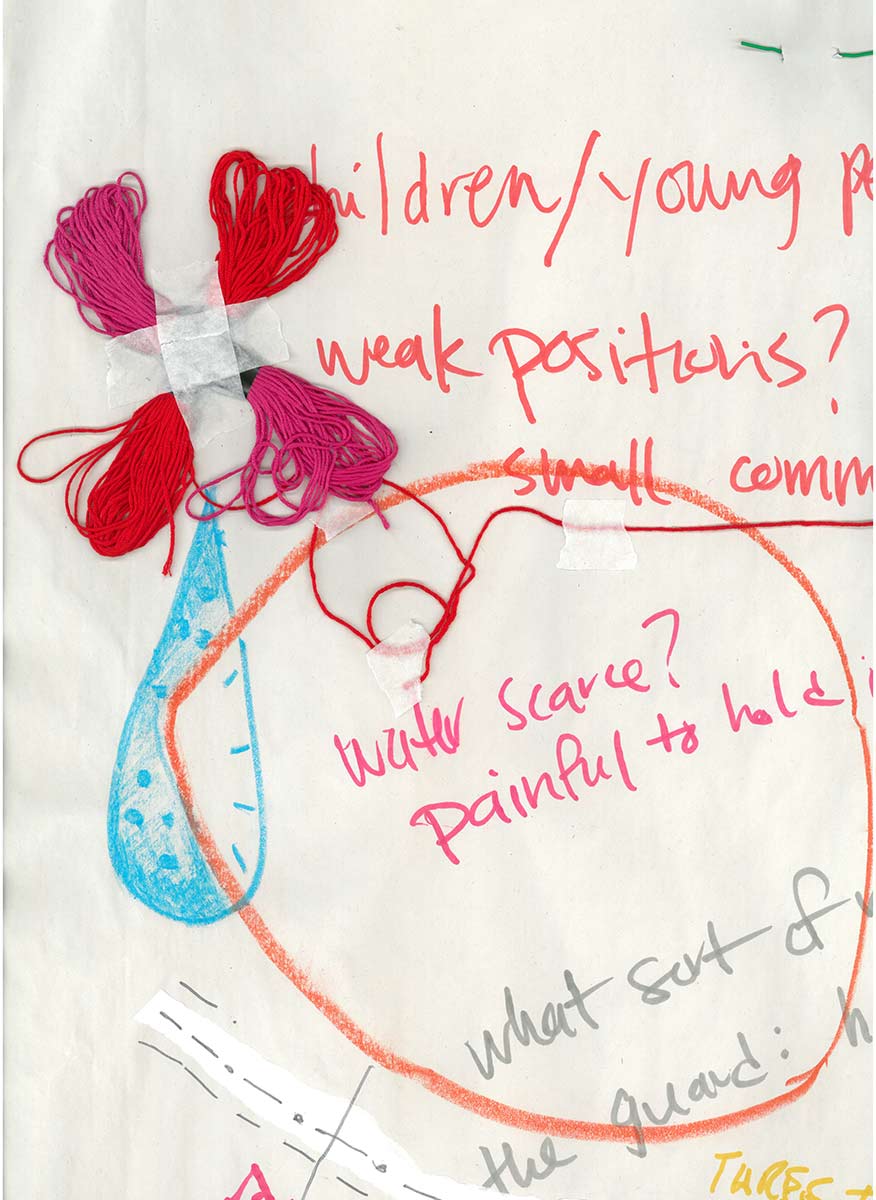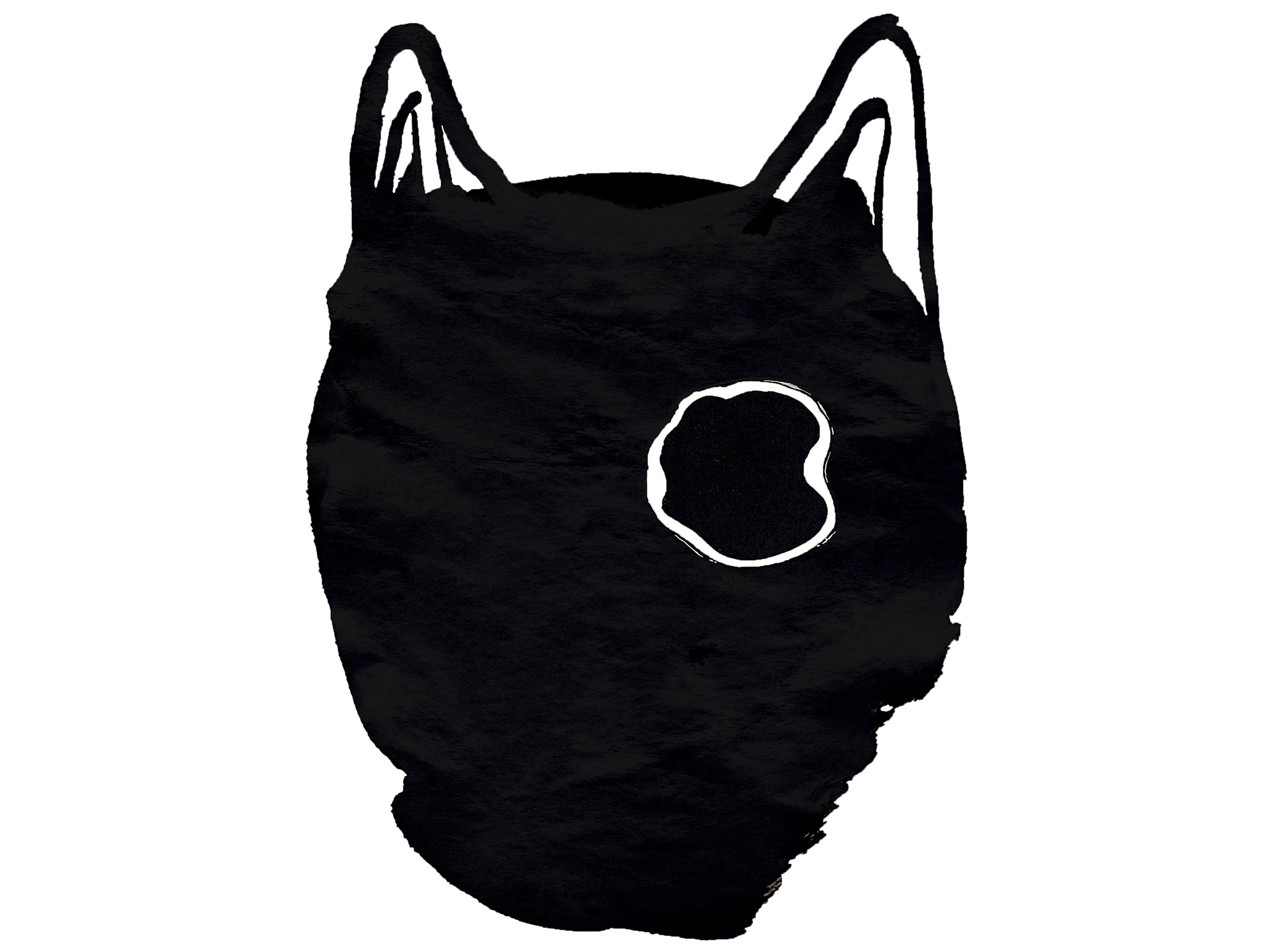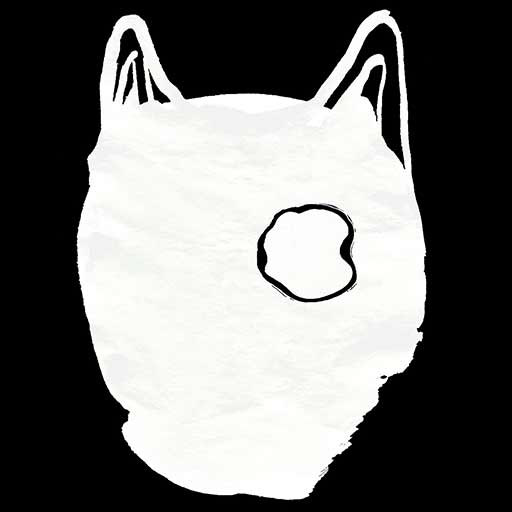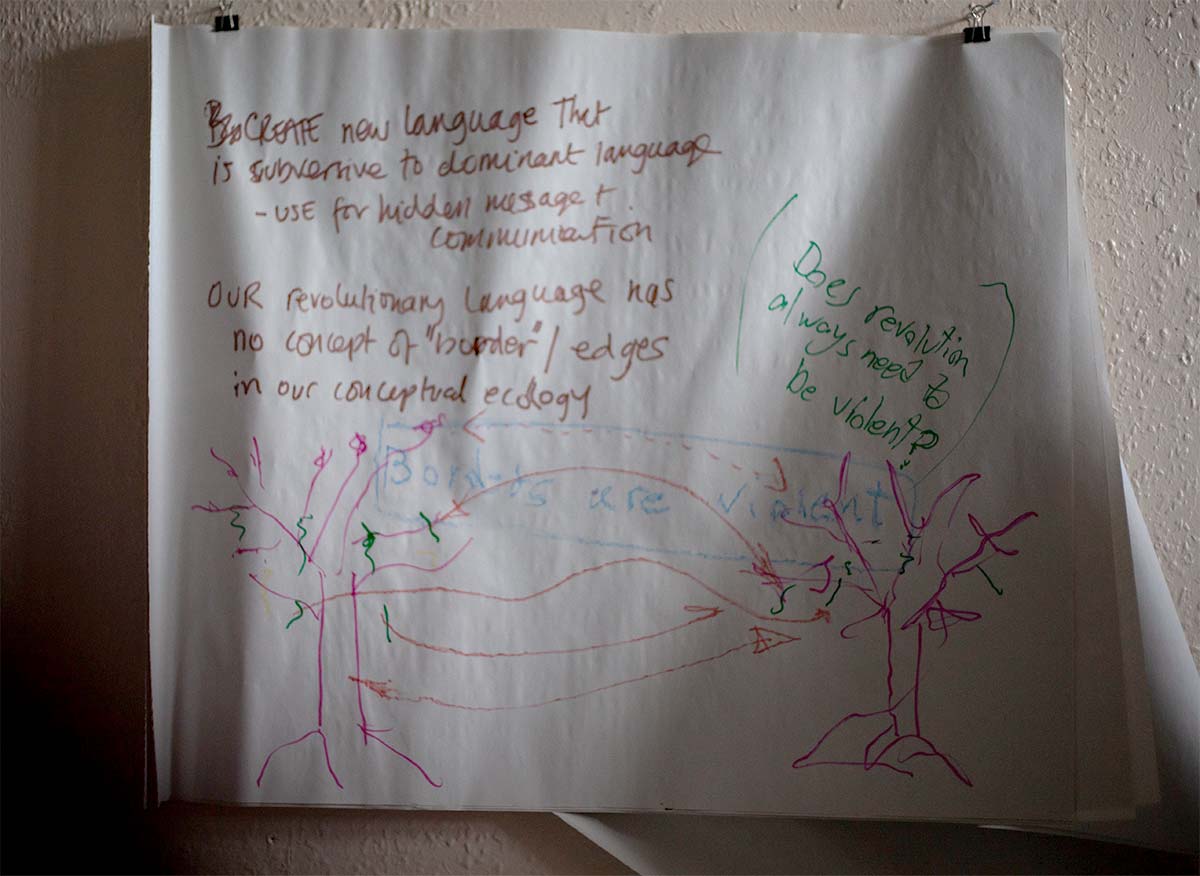
Restructuring Futures London Workshop UKAI Projects @ msdm
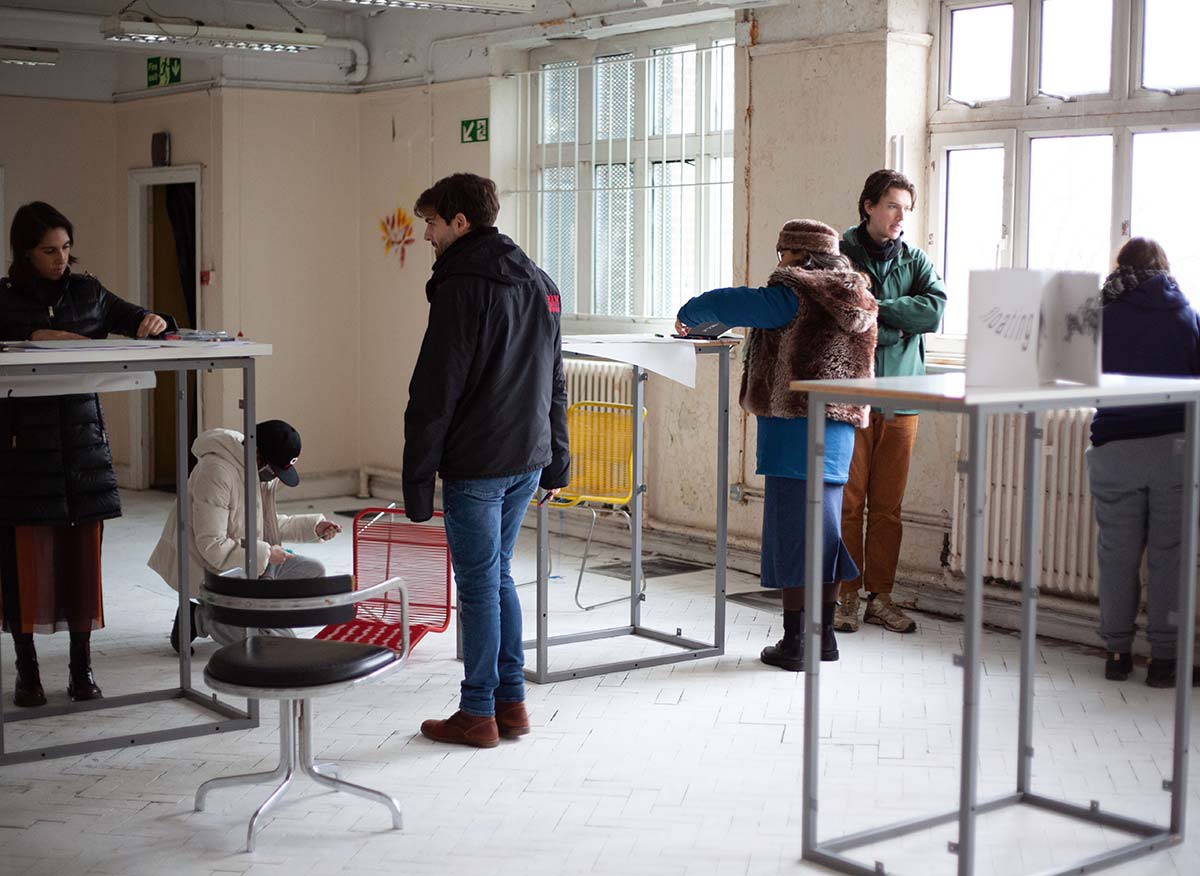
Restructuring Futures London Workshop
(UKAI Projects X msdm)
December 3, 2022
One script/ three scenarios:
The Revolutionaries
The Librarians
The Pioneers
Preface
My sister is older and although I’d never tell her as much, wiser as well. We’re racing outside and I run too fast while trying to keep up with her long legs and I fall to the ground. I look around, confused as to how I’ve wound up like this, and almost immediately move to get to my feet to keep running.
“Stop”, she says, slowing her own jog. “Stay on the ground. Linger there. Falling is an opening. Think on what it is opening to.”
I obey. I sit on the ground. I remember my lessons.
__________________________________________________
Four simple words defined the age preceding this one. “Nobody saw it coming”. It was a catechism. It was the rallying cry of collapse.
Families in Norfolk were separated at gunpoint and interned without records once conditions became severe enough. Few protested. Nobody saw it coming.
The first walls that actually worked were built by the accidental beneficiaries of the northward-driven rainfall and temperate climate. A novel strain of fascism, confident and moralizing, committed to saving us from ourselves, came to power first in Canada, then in Japan, in New Zealand, and then across parts of Africa, Asia, South America. Blood and soil all over again. Nobody saw it coming.
Extreme weather put digital and physical infrastructure through shock after shock. Higher temperatures meant more need for indoor cooling, which put constant stress on energy grids and digital infrastructure. Corporations were fully integrated into nation states, or religious states, or eco-states. A few of those corporations remain, continuing the thankless work of capital acquisition and value creation. But nobody saw it coming.
We are nothing if not adaptable though. We pursue beauty even though our definitions had to change. We now have a language for devastation. For the irreconcilable. We no longer expect all the king’s horses and all the king’s men to put the egg back together again.
Born into an eco-state, one can seek a beautiful life by giving up on ideas of autonomy in exchange for a cold and smooth certainty, a distant aesthetic and order.
Born in the wilds, one can seek beauty from the land, by relying on one’s neighbours and the locally assembled and improvised infrastructure that maintains tenuous and wavering connection to other towns in other places imagining their own beautiful lives. One comes to find beauty in loss and tragedy.
One can seek beauty in the past, by recovering stories buried under sand, competing with corporate AI for access to generations of impossibly fertile creation and then working a digital alchemy on recipes we have collectively forgotten how to prepare.
Other, even older ideas of beauty persist as well. Faith systems were emboldened by such unambiguous evidence of their divinity’s displeasure. Nationalism took on greater urgency as the movement of billions threw the efficacy of straight lines into question.
Conflicts occur by proxy, through energy-hungry AI. In the wilds, digital creatures called kolobok preserve memories and proof of autonomy in the face of frequent climate shocks and interference from their larger, better-organized neighbours. Eco-state AI pursue new frontiers of efficiency and organization in service to sustaining the natural world on which their communities and their members rely. The few remaining corporations jostle amongst each other and send their AI deep to dig for data that might be converted over into something profitable or useful.
Most have little choice in the lives they lead. They are born to a place and scarcity and higher fences create strong incentives for them to stay. Access to other ways of knowing becomes critical. Human ingenuity is turned over to maintaining tenuous filaments of connection and creation across boundaries and bodies of water. Throughout, the planet expresses its resentment through heat, and storm, and the degradation of all that we have built or hope to build. The straight line of time has been bent. We are ice melting outward and the best we can do is shape the ground so that the melting waters harm as few as possible. Doing this alone, as you will see, is impossible.
